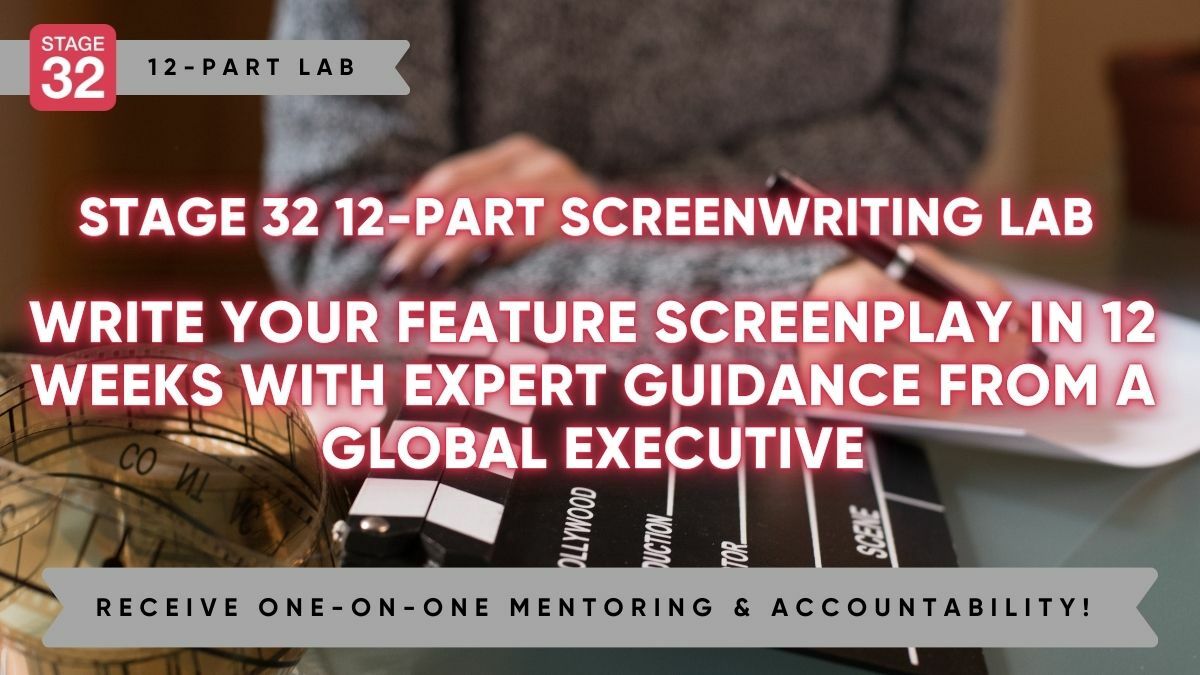Hello, quick question to people in the know -
If you have a degree or certificate in filmmaking courses or schools are you more likely to succeed in something like having a tv show or movie picked up? For example if you pitched a good well written concept, having no education in film, but had the same pitch with a fancy educational resume, would it effect your likelihood of gaining interest? Or is it all about the pitch itself?



2 people like this
In the world of film and television, the question of whether a formal education in filmmaking increases one's likelihood of success is a complex one, with both subjective and objective factors at play. I have tons of people with degrees in life that have not acted on them.
They basically did squat with them. It is not the degree it is what you do with it. People get PHDs and throw them in the garbage.
From an objective standpoint, having a degree or certificate from a reputable filmmaking course or school can certainly provide valuable skills, knowledge, and industry connections that may enhance your ability to succeed. It gives the knowledge not the always the application.
All KNOWLEDGE and no APPLICATION or APPLYING that knowledge makes Jack or Jane a dull boy or girl!
These educational experiences often offer practical training in various aspects of filmmaking, from screenwriting to directing to post-production, which can help aspiring creators develop a strong foundation in their craft.
Additionally, these programs often provide opportunities for networking and collaboration with industry professionals, which can be crucial for getting a foot in the door.
However, success in the film and television industry is also heavily influenced by subjective factors such as creativity, talent, and the quality of your pitch.
While a fancy educational resume may lend credibility and professionalism to your pitch, ultimately, it's the strength of the concept, the execution of the pitch, and the enthusiasm and vision of the creator that will determine whether a TV show or movie gets picked up.
A well-written, compelling concept delivered with passion and confidence can resonate with decision-makers regardless of educational background.
In the end, while a degree or certificate in filmmaking can certainly be advantageous and may increase your chances of success to some extent, it's ultimately the quality of your pitch and the strength of your concept that will determine your likelihood of gaining interest in the competitive world of film and television. IT IS ALL WHAT YOU DO WITH IT.
People go through life getting tons of degrees and certifications only to do squat with them and they get to "egotistically" look good or appear smart in the eyes of others.
It can create a false self esteem of having the knowledge of subject matter expert and can't apply it or bring it to the table. Should we ignore education? NO! Should we stop learning or applying it?
After education that is just the beginning. One persons ceiling is another persons floor.
4 people like this
Credentials aren't everything but they certainly can't hurt. It really depends on how far an interested industry member wants to go with a writer. Most just want the material itself and don't require the expertise behind it, especially if it's a TV show.
Plus, of course, different schools and courses have different values to different people, much like awards.
Certainly a good way to stand out. Most writers don't sell themselves as being well educated in terms of craft or filmmaking.
I have a pretty well-reviewed book on writing that buys me some kudos from time to time.
At the end of the day though, the writing does 99% of the heavy lifting, and tells everyone just how well any education has been applied.
3 people like this
In general, there is no relation to degrees to pitching your work. The minor difference would be if you have some professional or experience background related to the story, like being a cop and your story is about police work, or you're an astronaut and your story is about space. Otherwise, it doesn't matter.
3 people like this
Degrees don't hurt, the prestige of the school helps and the insider connections that exist between the more influential entities and various circles of alumni and players within the industry can be extremely helpful. The industry is built on relationships. The pitch can't suck, but It's rarely about the pitch itself. Many other factors at play. People have to want to be in businss with you.
1 person likes this
Degrees can help you meet fellow industry people easier and make connections as you rise up together through the industry. But if you are a naturally great networker, you can meet equally great people all on your own! No one would ever turn own a great film idea because a writer didn't go to proper film school though.